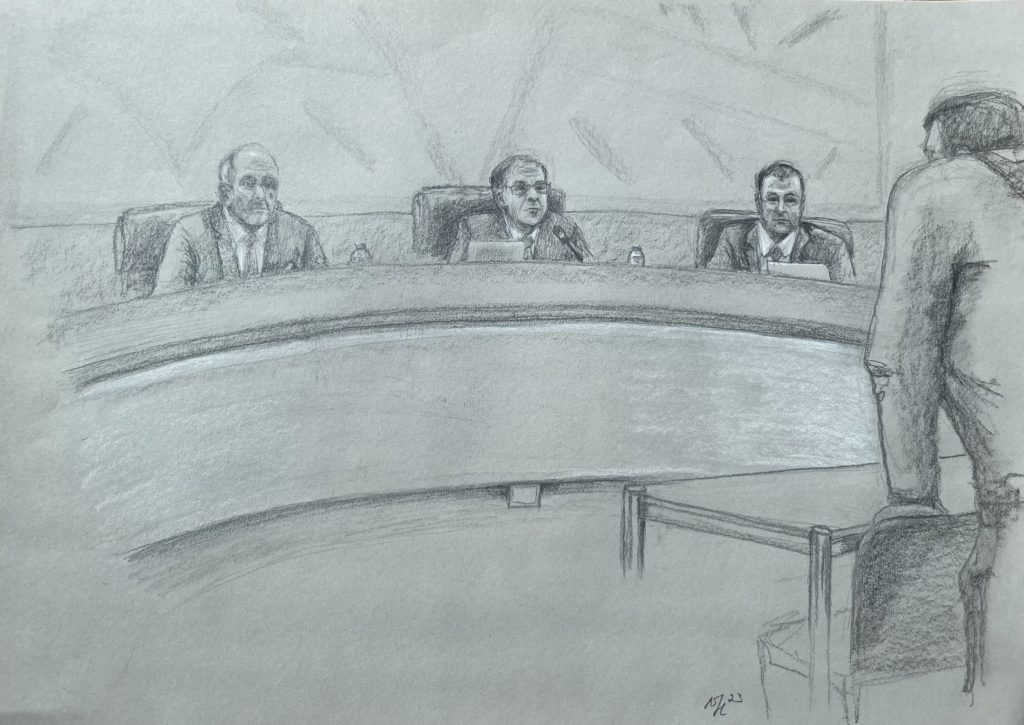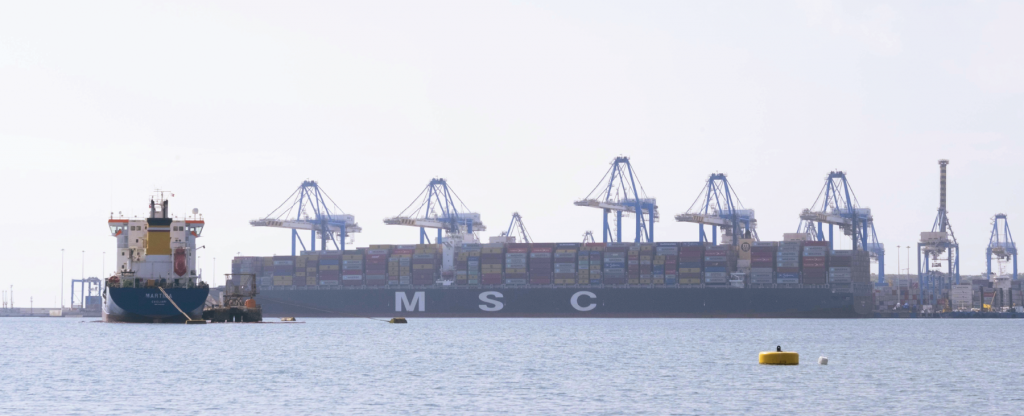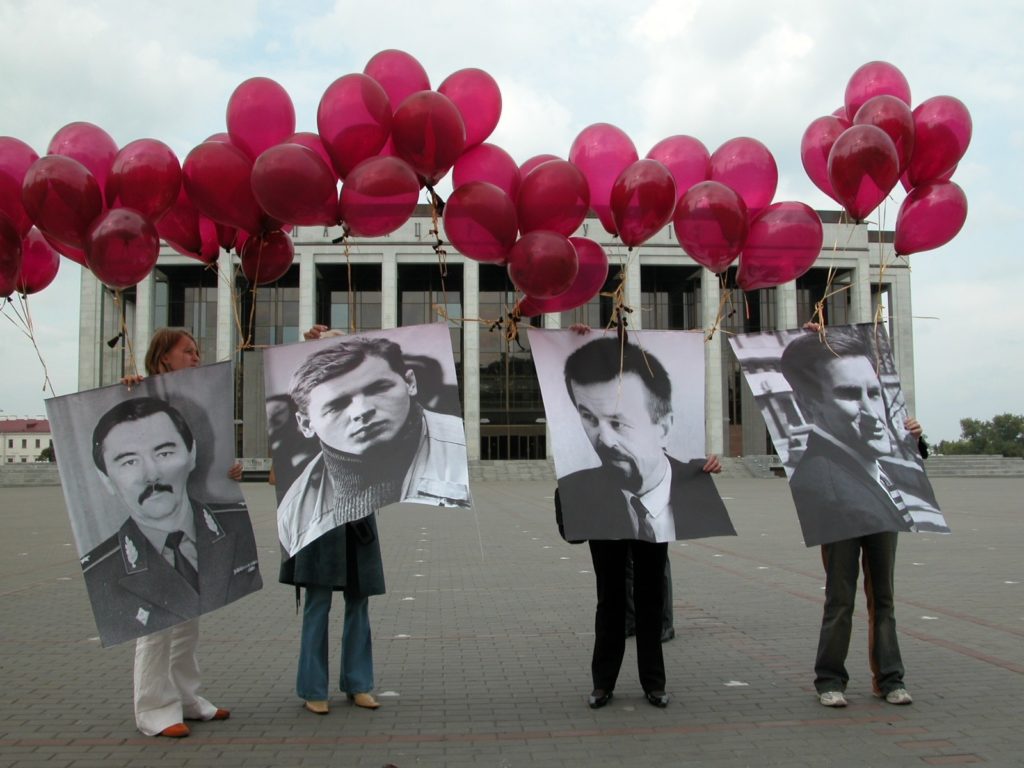Enforced disappearance of Mohamed Lemmiz
Introduction
In May 2008, TRIAL submitted an individual communication to the United Nations Human Rights Committee on behalf of Mrs. Taous Azouz, acting on behalf of her son, Mohamed Lemmiz. The latter disappeared after having been arrested by members of the Algerian army. This incident occurred within the general context of the enforced disappearance of thousands of Algerian citizens at the hands of the army or various other security organs of the State between 1992 and 1998.
Members of the national army, acting under the responsibility of Major M’barek, kidnapped Mohamed Lemmiz on 30 April 1996 at around 5h30, while he was sleeping in his home, in the presence of several witnesses, including his mother.
He was taken to the Baraki barracks, and was apparently later seen at the Beni-Messous barracks. In any case, Mohamed Lemmiz has not come back to his family since the day of his arrest, and his relatives have been unable to learn anything about his fate, despite persistent attempts to do so.
Sahbi’s mother has turned to all the competent authorities in order to find him and ensure that he is put under the protection of the law.
In particular, Sahbi’s case was submitted to the Prosecutor of El Harrach, the Prosecutor of Alger, and the Military Prosecutor of Blida. Mrs. Azouz also contacted the Médiateur de la République, the Observatoire des droits de l’homme (ONDH), and the Minister of Justice. However, no serious inquiry on Mohamed Lemmiz’s disappearance has ever been undertaken.
Finally, Mohamed Lemmiz’s case was also submitted to the United Nations Working Group on Enforced or Involuntary Disappearances. This special procedure was also unsuccessful in clarifying the situation with respect to Lemmiz’s disappearance, since the Algerian State simply omitted to respond to the requests laid before it.
Furthermore, since the promulgation of Act n° 6/01 concerning the implementation of the Charter for Peace and National Reconciliation in February 2006, the family faces a legal barrier in bringing its case to justice. Any person who contravenes this Act faces a prison term, and Algerian tribunals are bound to declare such a case inadmissible.
The author of the submission therefore requests the Committee to recognise Mohamed Lemmiz as a victim of enforced disappearance. This crime affects the most fundamental rights guaranteed by the International Covenant on Civil and Political Rights(ICCPR). It is submitted that the situation gives rise to violations of articles 2 § 3, 6 § 1, 7, 9 §§ 1, 2, 3, and 4, 10 § 1, and 16 of the ICCPR in respect of Mohamed Lemmiz, and articles 2 § 3 and 7 of the ICCPR in respect of the author, as a result of the psychological suffering he has endured for so many years, caused by uncertainty as to the fate of her son.
The proceedings are currently underway before the United Nations Human Rights Committee.
The Decision
In August 2013, the Human Rights Committee communicated its decision (in French only), called “views” by the UN.
The Committee held that Algeria violated Articles 6 § 1, 7, 9, 10 § 1 and 16 of the International Covenant on Civil and Political Rights taken alone or in conjunction with Article 2 § 3 of the Covenant with regards to Mr. Mohamed Lemmiz.
The Committee also held that Algeria violated Article 7 of the ICCPR, taken alone and in conjunction with Article 2 § 3 with regards to the victim’s family.
The Committee requested Algeria to conduct a deep and rigorous investigation into the disappearance of Mr. Mohamed Lemmiz, to furnish his family with detailed information concerning the results of its investigation, to free him immediately if he is still being secretly detained or if, he is deceased, to return his mortal remains to his family.
Moreover, the Committee insisted on Algeria’s obligation to indict, try and sanction those responsible for the violations committed. Algeria was also required to pay an adequate compensation to the family of the victim for the violations endured.
General Context
According to several sources, between 7,000 to 20,000 individuals have gone missing after being arrested or abducted by the various different Algerian security services as well as by government armed militias between 1992 and 1998.
Until today, none of the families of such victims of enforced disappearances has received any information concerning the fate of their loved ones. No investigations have been opened up as a result of complaints they have lodged or other procedures taken. Despite the fact that the perpetrators of the crimes and those behind them are well known, no one has been put under investigation or brought to prosecution.











